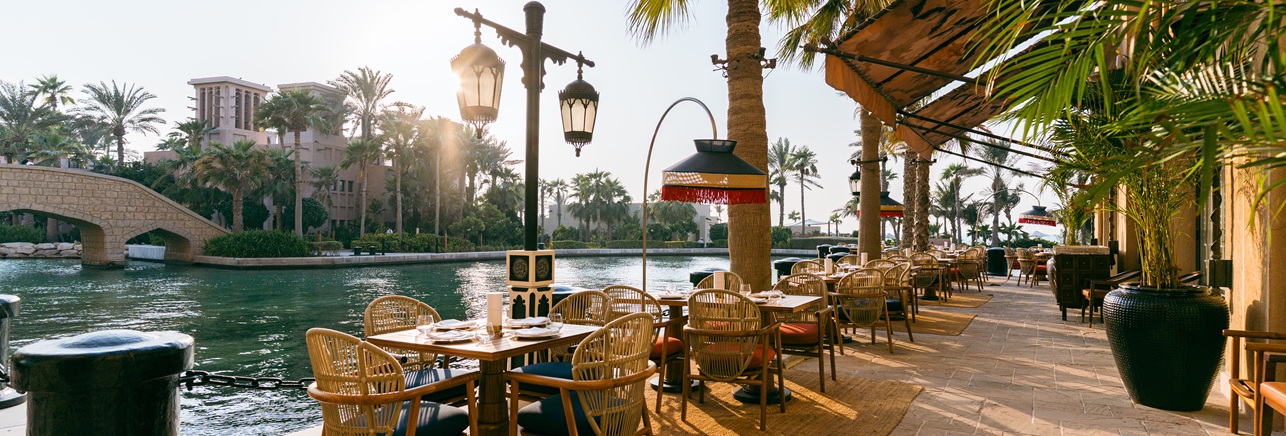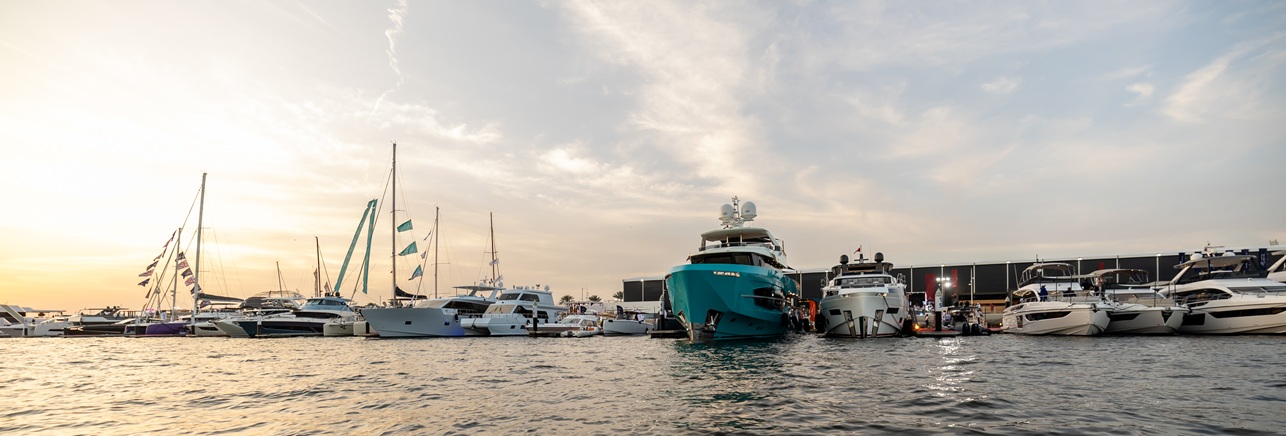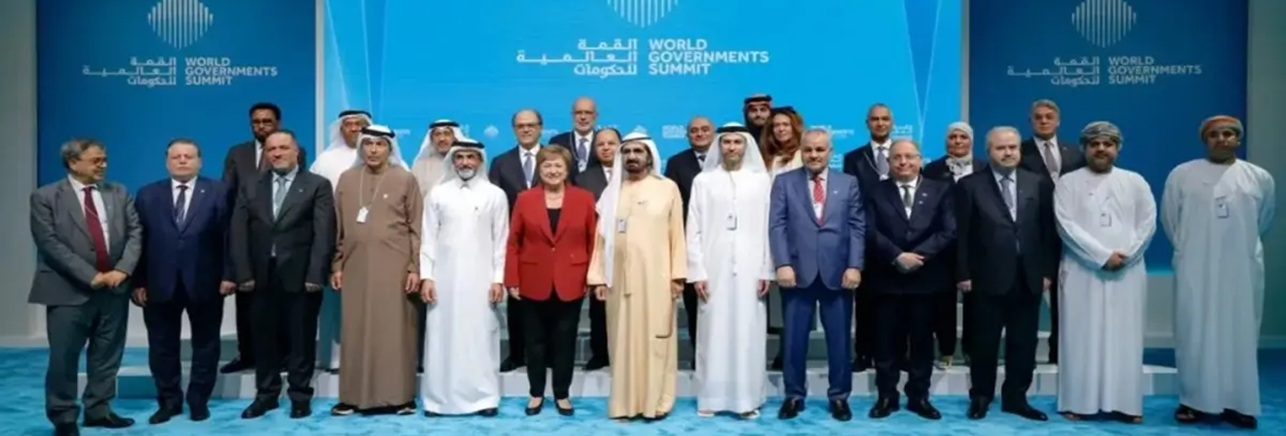Economic outlook for UAE positive
 Analysts at Markaz maintain neutral prospects for other GCC economies
Analysts at Markaz maintain neutral prospects for other GCC economies
Dubai — Key UAE economic and financial indicators, including real estate prices, Purchasing Managers Index (PMI), Credit Default Swap (CDS) spreads, airport arrivals and hotel occupancy, all point to further acceleration of economic growth regardless of long-term pessimistic regional overtones voiced by analysts in the backdrop of tumbling oil prices.
Analysts at Kuwait Financial Centre Markaz expect that completion of major infrastructure projects and preparations to host the World Expo in 2020 would help Dubai in maintaining its growth momentum while continuing fiscal expansion policy, particularly in Abu Dhabi, augur well for the country’s overall economic outlook.
They argue that 31 per cent growth in corporate earnings for the UAE in the first nine months of 2014 over the corresponding period in previous year would help maintain the growth momentum for the economy.
“Such strong growth could be ascribed to higher earnings in banking, telecom and real estate sectors. Bank earnings were boosted by a strong rise in non-interest income and significant decline in loan loss provisions. Asset quality metrics have improved due to recoveries, restructuring and consistent loan growth. The UAE witnessed the second highest turnover ratio in the region,” Markaz analysts said in a regional market outlook.
For the current year, Markaz analysts remain positive on banks and financial services, neutral on telecom and turn negative on real estate as they believe growth from a higher base would be hard to sustain.
For the GCC market, the single most defining event in 2014 is undoubtedly a sharp plunge in oil price, completely unanticipated at the beginning of the year. Oil price plunged 48 per cent on back of rising supplies from non-Opec producers (especially shale oil), and subdued demand growth expectations.
The UAE and Qatar indices were upgraded and they now form part of MSCI Emerging Index. However, despite this setback, IPO market in the region is on a strong revival with Saudi Arabia leading the show.
The largest IPO in Mena region was witnessed in November as National Commercial Bank mopped up $6 billion.
The issue was well received and oversubscribed 14 times. The S&P GCC Index lost 2.5 per cent for the year, a benign outcome given the volatility.
While souding positive on the UAE, Markaz maintained neutral outlook on Kuwait, Saudi Arabia, Qatar and Bahrian.
“Kuwait being the most dependent in the region on oil revenues, the recent Opec decision to retain output levels and continued growth in supply from non-Opec nations, could further exacerbate the Kuwaiti economy.
The non-oil sector is expected to drive growth in Kuwait and much depends on the execution of development plans,” the asset management and investment banking institution said.
Tepid growth in corporate profitability, lack of public offerings and investors spotlight on other GCC markets could have weaned value traded in Kuwait market, which fell 44 per cent.
Going forward, Markaz expects banking and construction sectors in Kuwait to outperform due to accelerated pace of awarding contracts and as execution of the same gathers steam. We remain neutral on financial services and real estate; negative on petrochemicals and telecom.
For Saudi Arabia, non-oil GDP growth is expected to be robust. Saudi Arabia’s corporate earnings grew 12 per cent in the first nine months of 2014. “Going forward, lower price realisation for oil and related products in global markets could affect petrochemical industries; earnings in labour intensive sectors, such as construction; and sectors in competitive industry, like telecom could be muted.”
Markaz remains positive on Saudi real estate sector, consumer goods; neutral on bank and financial services, construction and negative on petrochemical and commodities sector.
For Qatar, non-hydrocarbon sector GDP continues to be robust and is expected to grow 11.9 per cent in 2015, construction activities and infrastructure development being the key drivers. Asset prices are on the rise, though the overall inflation is expected to be moderate at 3.5 per cent in 2015 amidst lack of global inflationary pressures, Markaz said.
In the case of Oman, tepid earnings growth reflected in the poor performances of stock indices. Lack of gas availability affected the downstream industries that dragged down the main index. For Bahrain, the persisting weakness in oil prices has made further uncertainty to the state of finances and increased their vulnerability.
“Economic activities in Bahrain have remained subdued. Earnings so far have been lackluster. In sharp contrast to other GCC markets, Bahrain registered a turnover ratio of mere three per cent. Going forward, we expect earnings to be flat and maintain a neutral view on the markets,” Markaz analysts said.























